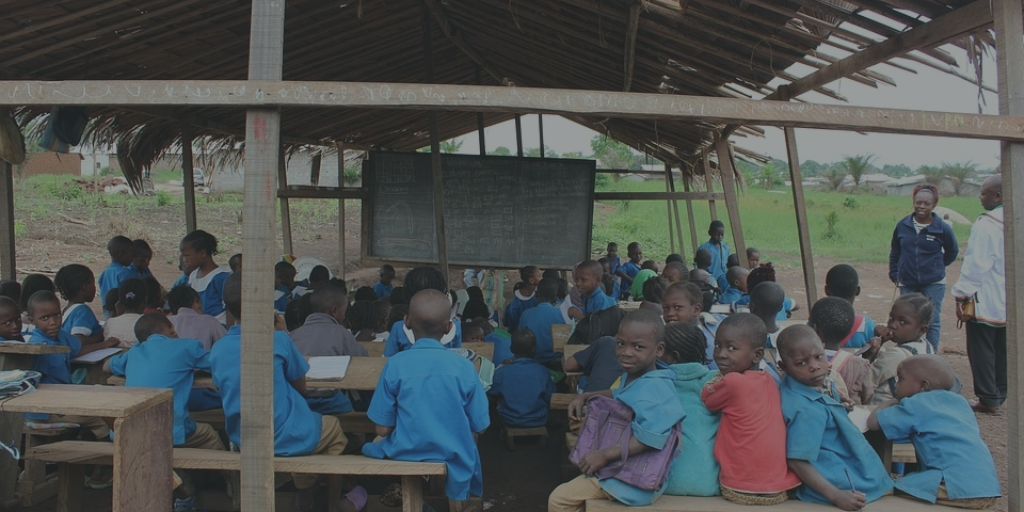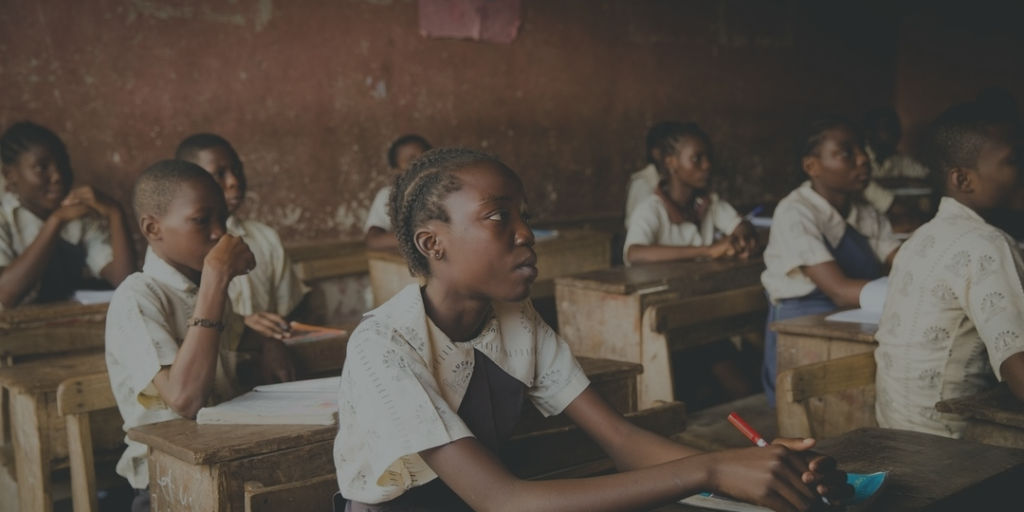The reality for many developing countries within the region of Africa is that there are not very many children who have the opportunity to graduate from secondary school. And the stark fact is that many children often are not able to have access to finishing primary school.
For example, in the nation of Ghana, it is reported that only approximately fifty percent of the children are able to complete grade 5. Among those who do, it has been discovered that fewer than half of those children have the ability to understand a paragraph that is relatively basic and simple.
Therefore, it is evident that there is a requirement for more access to good quality primary schooling for children. And education needs to be either free or affordably priced. This will allow for more success in seeing dramatic increases in enrollment overall. But still, it is reported, that when children do enter school, so often they do not complete their education, though they are given the opportunity to do so.
The Challenge is Here and Now
The challenge is about children being able to stay to complete their primary education, and better yet being able to stay to complete their secondary education. The sad truth is that there are many factors regarding children not being able to finish their education. Some of these factors include the severe difficulty that the children have in being able to get to the location of the school because of living so far away and also the cost of the schooling can be too expensive for many families.

The extra burden that can often result is that due to the fact of the education that the children are receiving being so substandard, oftentimes it is indeed necessary for the parents to provide funds for the extra tutoring that their children require in order to be able to pass tests and examinations.
In order for families to just survive from day to day, often they need to rely on the children to work on the family farm or to sell stuff at the local marketplace. Therefore it comes as no surprise that parents do not allow their children to continue to attend school when the family feels deep suffering from the lack of the presence of the children to help to earn an income, even though the income may be relatively small. The family is focused on survival and not necessarily on the continued education of the children.
Parents who are in distress because of the lack of help from the children when the children are away studying at school on a daily basis will often resort to pulling the children out of school when the parents realize that the investments that they have sacrificially made regarding the education of their children do not seem to provide the adequate learning results that they had anticipated. When literacy and numeracy in the simplest forms are not attained, then parents most definitely will likely believe that it is more productive for the children and for the family as a whole if the children are removed from attending school and are helping the family on the farm or are busy trying to earn money in the marketplace by selling items in order to make it easier for the family to survive, as the reality is that many families are truly struggling to survive throughout the various regions of Africa.
Difficulties for Secondary Education
The tendency is that even when the outcomes of learning are appropriately adequate, many of the students do no go on to complete their secondary education. Thus the reality is that the prospect of getting a decent job in these developing nations is rather limited. And the truth of the matter is that for many, continuing education beyond grade five and continuing on through grade 10, may not provide significant improvements to the children.
Impoverished Regions
Where the impoverished regions abound, there will likely not be any education available and these children will barely exist through subsistence agriculture and trading. The health of the children in these areas is drastic. Many children, unfortunately, die each year because of the existence of diseases that otherwise could be controlled, such as malaria, diarrhea, and respiratory infections.
The Future
It is typical for educational programs to be similar to traditional Western examples of education that incorporate an emphasis on language, science, social studies, and math. Those students who are high achievers in their academic studies in impoverished regions have a much bleaker future, even though they did well in school. Children in wealthier areas will see more success. As for impoverished regions, children will not have access to higher levels of schooling or professional job opportunities. Their futures will often consist of working on farms or starting some type of small business.
Key Takeaways
- Education cannot be ignored. But more must be done to help the impoverished regions to achieve a higher level of social and economic success. Programs should be put in place to bring about these results with the cooperation of trustworthy organizations that could oversee the working of the communities to reach these needed standards for overall improvement for the people. Thus the children would then be able to go to school and hopefully stay in school.
- More funding is needed to be distributed to the impoverished areas in order to help prevent diseases that can be controlled when there are good sanitary and health practices put in place.
- Better levels of education are needed so that children can learn adequately in order to better themselves and hopefully be able to achieve more successful careers once they have completed their education.

